
Bowel cancer is a serious disease which is alsoknown as rectal, colon rectal, or colon cancer. It affects the lower part ofthe digestive system - the large bowel and the rectum. Although it is unclear what a cause of thisserious disease is, there are certain factors which are often associated withit and some of them are family history of colon cancer, existing of colonpolyps, inflammatory bowel disease, and age over 60. Nutrition is also an important factor recognizedby scientists, and low fiber and high fat food are believed to have raised therates of bowel cancer. Particular genetic syndromes also intensify therisk of developing colon cancer. Other risk factors are consumption of alcohol andcaffeine, and smoking.
The chief indicators of bowel cancer are diarrhea,constipation, or other alteration in bowel habits, anemia and unexplained weight loss, stool disorder for more than several weeks, abdominal pain, bloodflecks in a person’s stool, especially if the blood is dark. These are the signthat are usually noted and thus should never be ignored.To make a diagnosis, a GP may do a rectalexamination to check for any abnormal changes. Blood tests that may be requiredinclude liver function tests and complete blood count to check for anemia. Doctor also may order colonoscopy andsigmoidoscopy. If the cancer is detected, more tests have to be done to see if thecancer has developed, and this is called staging. To determine the extent orprogression of cancer, a patient has to do CT and MRI scans. Treatment will be determined according to thestage of the cancer. It may include chemotherapy, surgery and radiation. The most common bowel cancer treatment is surgery.In the time of surgical procedure, the surgeon removes the tumor and thesurrounding lymph nodes, which prevents the growth of tumors. As is usual, thesurgeon separates the part of colon and links formed ends with each other. Thisprocedure is named as bowel ‘resection’ by doctors. When the two parts cannot be fastened backtogether, often because the tumor is too low, the bowel can be exposed throughthe abdominal wall.
In some cases, after the procedure, either radiationor chemotherapy is appointed to extinguish the cancer cells that have left.Therapy achievement depends mostly on thecharacteristics of an organism, bowel cancer signs, and the timing of diagnosisof cancer. After the surgery, the patient will be supportedto start moving as soon as possible. This is a significant part of recovery and,even though the patient has to stay in bed, it is important to do leg motionsand deep-breathing exercises every day. If the colon cancer does not return within 5years, it is healed.


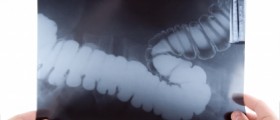
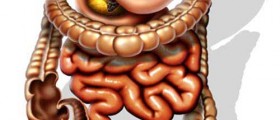




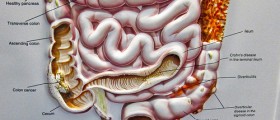
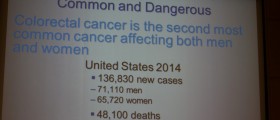
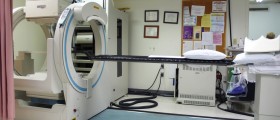

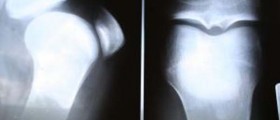




Your thoughts on this
Loading...